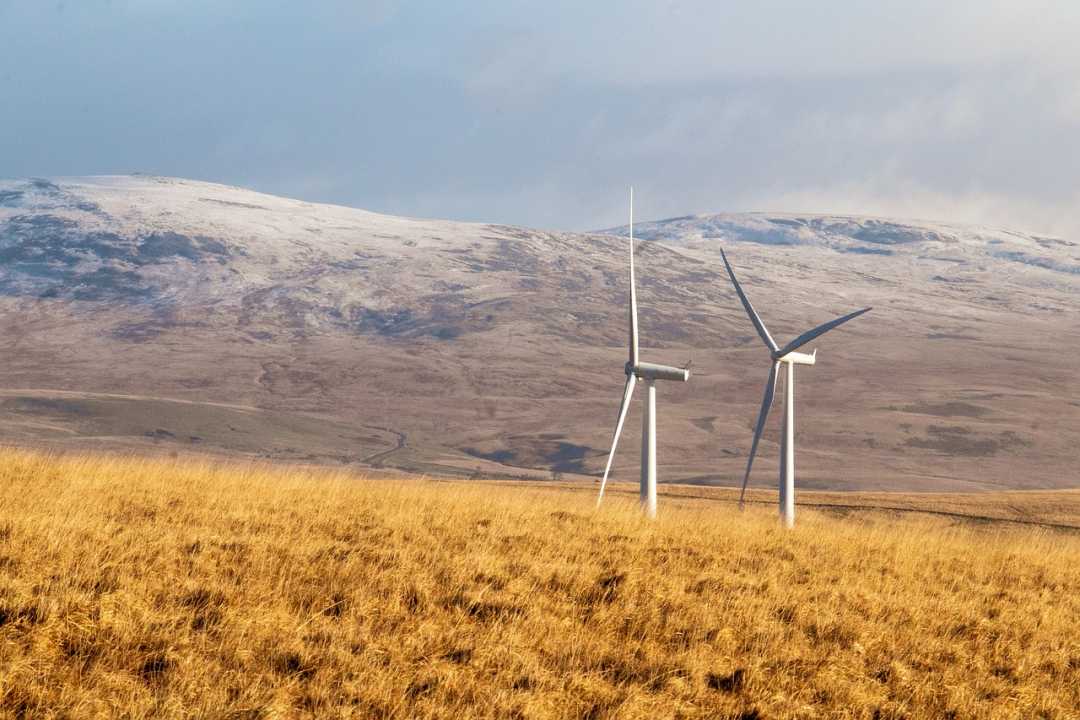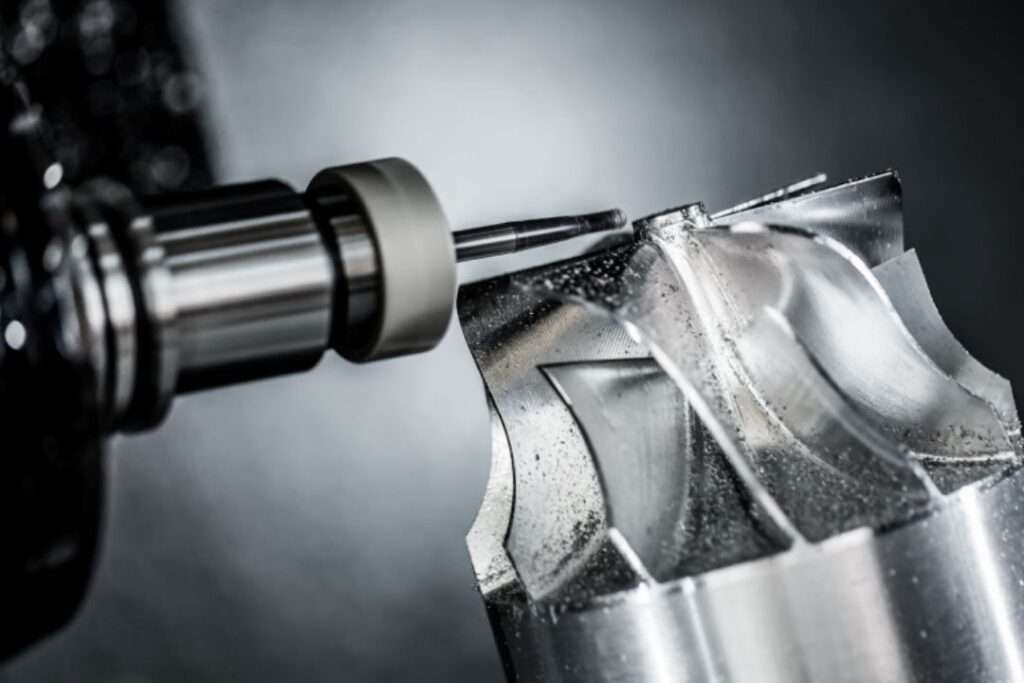The European Union and India have initiated two major collaborative research programmes focused on addressing marine pollution and advancing waste-to-renewable hydrogen technologies. These efforts are being carried out under the EU-India Trade and Technology Council (TTC) framework with a combined investment of €41 million (approximately ₹394 crore).
According to a statement from the Delegation of the European Union to India, the initiatives are being implemented under the EU’s Horizon Europe programme and co-funded by India’s Ministry of Earth Sciences (MoES) and Ministry of New and Renewable Energy (MNRE). The goal is to facilitate collaboration between academic institutions, start-ups, industries, and research organisations from both regions to develop sustainable, scalable solutions with global relevance.
The TTC serves as a high-level strategic mechanism for coordinating bilateral efforts in trade, technology, and innovation. These research calls are intended to operationalise the Council’s objectives and enhance cooperation on critical challenges related to climate and environmental sustainability.
The first initiative targets the reduction of marine pollution, with a particular emphasis on plastic waste and other persistent contaminants such as microplastics, heavy metals, and organic pollutants. The programme is supported by funding of €12 million (approx. ₹110 crore) from the EU and ₹90 crore (approx. €9.3 million) from India’s Ministry of Earth Sciences.
Research outcomes are expected to contribute to international environmental goals, including those set under the UN Decade of Ocean Science for Sustainable Development. The initiative also aligns with the EU’s Zero Pollution Action Plan and India’s National Marine Litter Policy. By enhancing monitoring, assessment, and mitigation strategies, the programme aims to protect marine biodiversity and promote long-term sustainability.
The second initiative addresses the development of technologies for converting waste into renewable hydrogen. Given hydrogen’s strategic importance in energy transition and decarbonisation efforts, this area represents a critical domain for EU-India collaboration. The research call is supported by €10 million (approx. ₹97 crore) from the EU and ₹90 crore from India’s Ministry of New and Renewable Energy. The aim is to design efficient, cost-effective, and environmentally sustainable hydrogen production methods. This project supports broader climate and energy security objectives shared by both partners.
The calls are open to a broad range of stakeholders, including private companies, small and medium enterprises, start-ups, research institutions, universities, NGOs, and independent researchers from both the EU and India. The submission deadline for the hydrogen-focused call is 2 September 2025, while the marine pollution call closes on 17 September 2025.
Additional joint research calls are being considered for 2026. Potential focus areas include electric vehicle battery recycling and wastewater treatment. These initiatives are projected to bring total joint investment under the TTC to approximately €60 million.
The establishment of the EU-India TTC was announced in April 2022 by European Commission President Ursula von der Leyen and Prime Minister Narendra Modi. It was formally launched in February 2023, with the first ministerial meeting held in May 2023.
As the EU’s second such council after the EU-US TTC, the EU-India TTC highlights the strategic importance of bilateral cooperation and reflects a shared commitment to secure, sustainable, and inclusive economic growth rooted in democratic principles. The EU-India partnership in research and innovation is anchored in the Agreement on Scientific and Technological Cooperation signed in 2001 and most recently renewed in 2020.








